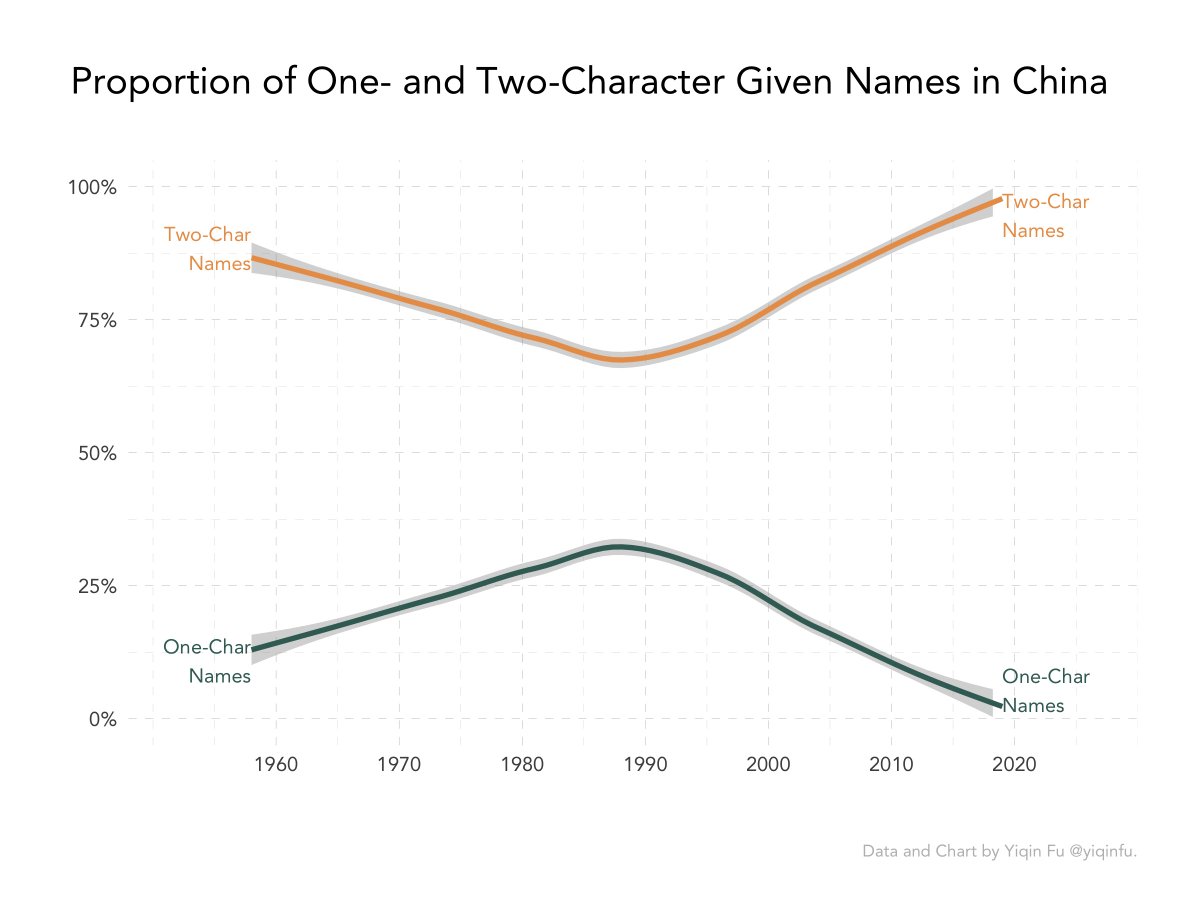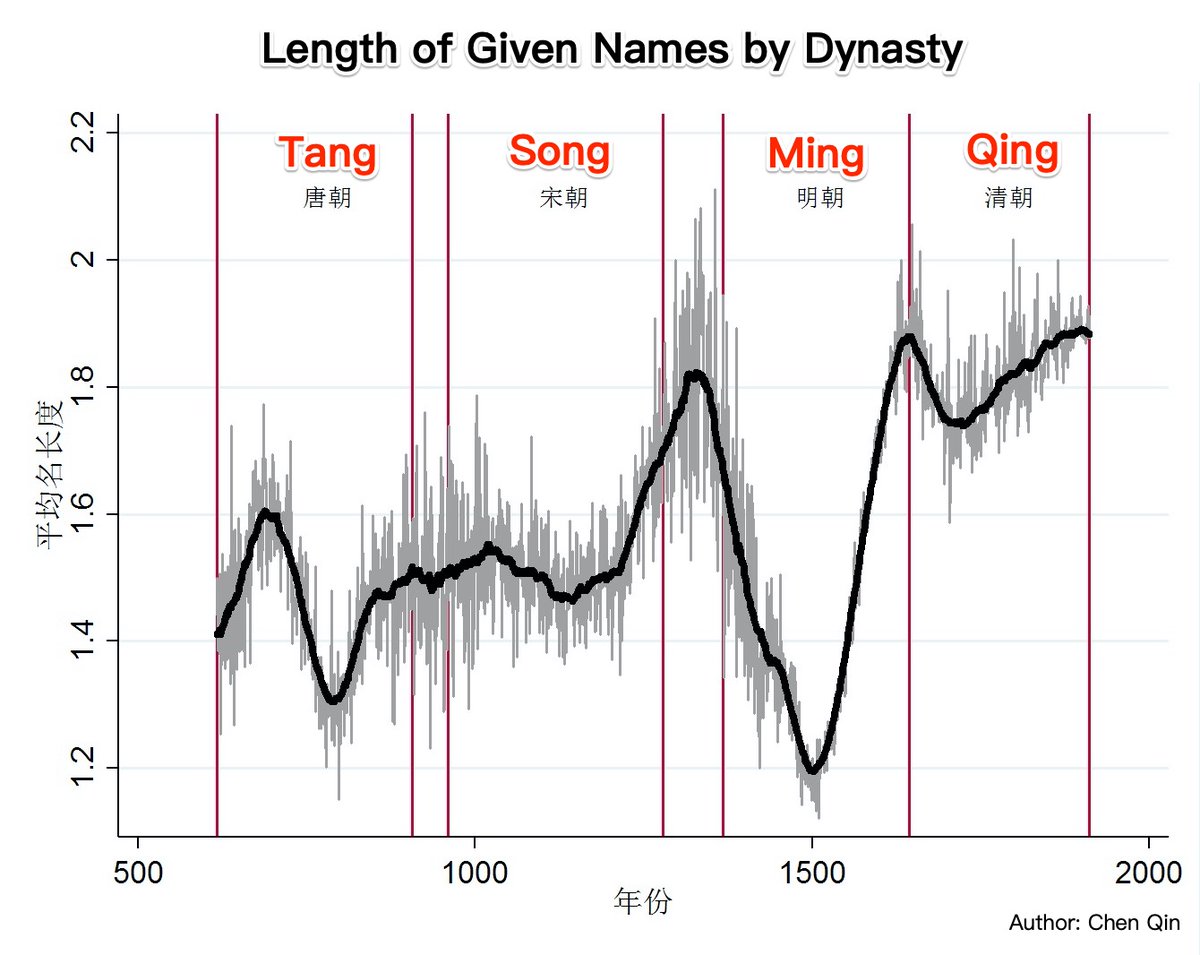How to get URL link on X (Twitter) App

 Notation: ADR is the conventional dependency ratio (dependents / workers); LFDR and PWLFDR adjust for labor force participation and productivity (proxied by edu).
Notation: ADR is the conventional dependency ratio (dependents / workers); LFDR and PWLFDR adjust for labor force participation and productivity (proxied by edu).

 2) Individuals across different states have the same level of diversity in music taste, but state-level diversity is quite different -- the measure doesn't correlate with the entropy of states' racial composition but does correlate strongly with the share of Hispanic population.
2) Individuals across different states have the same level of diversity in music taste, but state-level diversity is quite different -- the measure doesn't correlate with the entropy of states' racial composition but does correlate strongly with the share of Hispanic population. 


 Pair #2, same background, same pose
Pair #2, same background, same pose


 Drivers say it’s impossible to deliver “on time” if they follow traffic rules.
Drivers say it’s impossible to deliver “on time” if they follow traffic rules.
 Weibo’s comment section has a Reddit-like nested structure, and the ranking algorithm takes into account **all** likes garnered by the parent comment and its children.
Weibo’s comment section has a Reddit-like nested structure, and the ranking algorithm takes into account **all** likes garnered by the parent comment and its children.

 Greater openness of society/marketization leading to more expressions of individualism.
Greater openness of society/marketization leading to more expressions of individualism.


 You can see more "given name concentration" charts in my new blog post here: yiqinfu.github.io/posts/chinese-….
You can see more "given name concentration" charts in my new blog post here: yiqinfu.github.io/posts/chinese-….

 The report adds that if we assume all rural households have zero wealth, then the top 1% holds 22% of wealth in China, making the country "relatively more equal than the U.S.," where the top 1% holds 39% of wealth.
The report adds that if we assume all rural households have zero wealth, then the top 1% holds 22% of wealth in China, making the country "relatively more equal than the U.S.," where the top 1% holds 39% of wealth.
